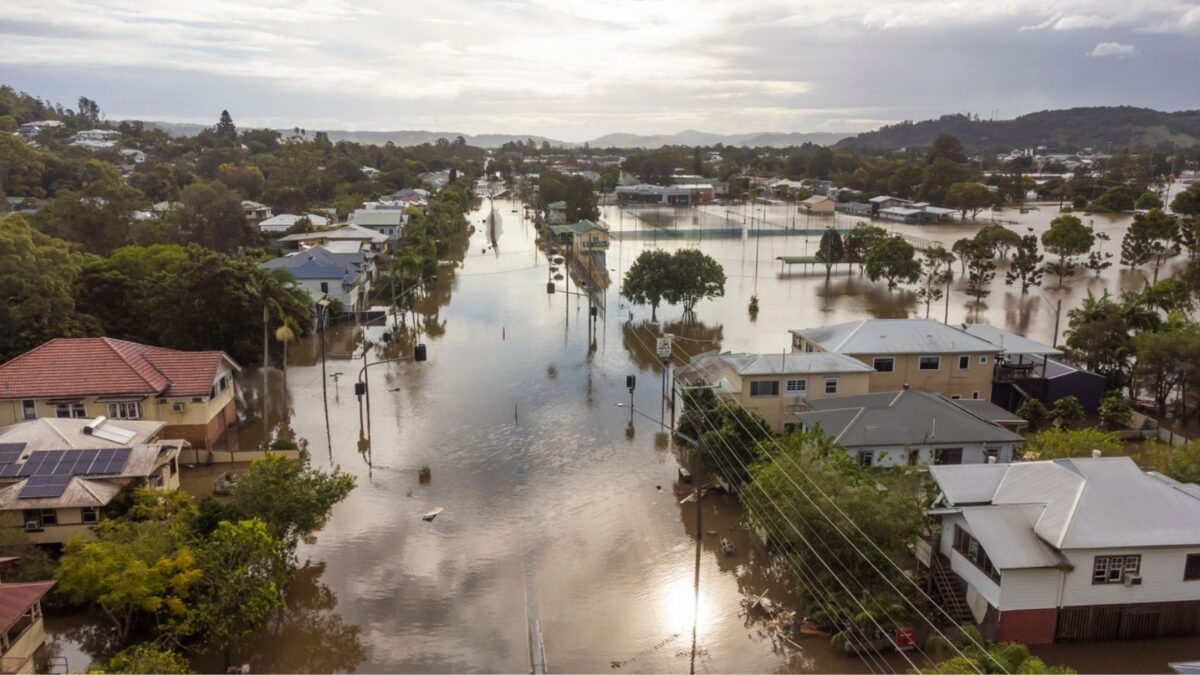‘Everybody should care’ about biodiversity: Federated Hermes
We depend on nature for just about everything – water, food, air – but have altered around three quarters of the Earth’s surface and two thirds of its marine environment for our food and energy consumption. The biodiversity loss that results from that presents a systemic risk that will inevitably touch finances and lives, according to Ingrid Kukuljan, head of impact and sustainable investing at Federated Hermes, and Australia should be doing more to combat it.
“If you look at the situation – the bushfires, the droughts, the storms – and the dependencies that Australia has on nature, which are very high, everybody should care about it,” Kukuljan says.
The Australian government is making positive strides on biodiversity with its Nature Repair Bill, the climate reporting standards that are kicking in from next year, and the 30 by 30 initiative, which will (hopefully) see 30 per cent of the country’s land and sea area protected. There’s also plenty of interest from superannuation funds, which are looking into the best way to invest in biodiversity while getting the returns they need.
“Australia, in my opinion, should be the global champion in leading biodiversity efforts given that you’re very fortunate that you possess 10 per cent of the global species; (it’s) extremely rich, extremely important. The government should be stepping up the efforts and actually leading there.”
“With the superannuation funds they’re looking at it from the risk perspective and they understand that it’s a very big systemic risk, not only to the Australian economy but to the global economy…. There’s a lot of questions about the different between climate and biodiversity, and what we’ve been trying to say is that climate is one of the parts of the wider biodiversity loss issue and the focus should be on biodiversity loss.”
Where they need to invest and engage, Kukuljan says, is primarily in the public markets; public companies across the consumer and extractive industries are “the biggest culprits” of biodiversity loss. There are already a handful of biodiversity champions, and Kukuljan believes that an ESG premium – those “dreaded words” – will be applied to them in the same way it has been for climate.
“Private markets offer solutions, and a lot of the innovation is happening on the private side,” Kukuljan says. “And then in fixed income we’ve seen debt-for-nature swaps. It’s still early, but the whole area of sustainability-linked fixed income with regard to nature-based solutions is going to see growth.”
Funds need to be engaging more with their external fund managers, doing more analysis of their portfolios and understanding where their dependencies on natural capital lie, Kukuljan says.
“They should be doing an analysis of their exposures, and they should be engaging with their third-party fund managers and asking them as well what their approach is to biodiversity,” Kukuljan says. “Have they done analysis? Are they asking corporates to start with, if nothing else, avoidance? And I think it would be good to see an industry-led coalition from the super funds to engage with the big corporates on biodiversity, and asking questions.”











